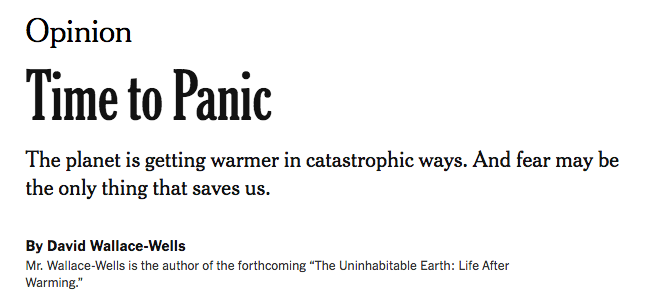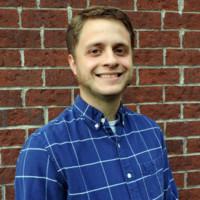Every day, it seems, there is another news story or reports of yet more evidence that the global climate is changing, either as we have predicted for years—or worse and faster. The climate system is incredibly complex, and climatologists, climate modelers and paleoclimatologists are furiously working to reduce the uncertainty. Despite the uncertainties and complexities, at this point it is clear that:
•Global mean temperatures are rising.
•Ocean heat content is increasing.
•Sea ice cover is, on average, decreasing (both in areal extent and thickness).

Arctic sea ice cover is in serious long-term decline (photo: Huffpost Canada)
•Ice sheets and glaciers are shrinking.
•Permafrost is thawing.
•Sea level is rising.
•Changes in climate-sensitive biota, ecosystems, and landforms are all consistent with a warming climate.
•The major driving force is a dramatic increase in heat-trapping greenhouse gases such as carbon dioxide and methane.



 Charles Altendorf, a 2011 University of Kentucky alumnus, is using the skills he developed and honed as a geography student in the College of Arts & Sciences to help improve the mapping system at his current job with the Hardin County Water District No. 1. Working on a pilot project, Altendorf is attempting to convert the water district’s data analysis from traditional digital mapping to an open source method.
Charles Altendorf, a 2011 University of Kentucky alumnus, is using the skills he developed and honed as a geography student in the College of Arts & Sciences to help improve the mapping system at his current job with the Hardin County Water District No. 1. Working on a pilot project, Altendorf is attempting to convert the water district’s data analysis from traditional digital mapping to an open source method.
